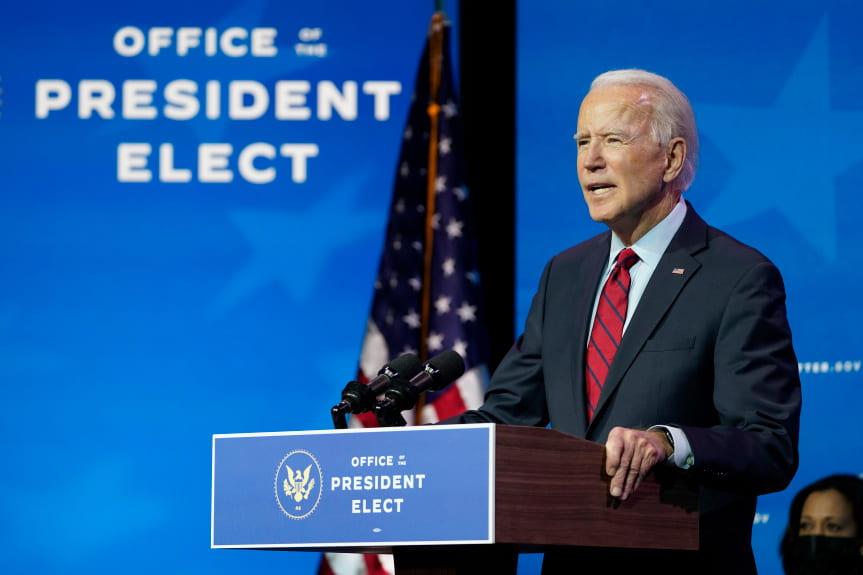May 17, Robert Lawson, director of the Bridwell Institute for Economic Freedom at the SMU Dallas Cox School of Business, for an essay about how average people are more likely to prosper in counties that are more free and less regulated. Published in Inside Sources under the heading Is It Better to Be Rich in a Poor and Unfree Country?: https://tinyurl.com/mtbv3duf
Like many economics professors, I frequently get emails from a variety of cranks and conspiracy theorists. Occasionally, I get an interesting email question about my research on economic freedom. It’s complicated, but in a nutshell, my work generally shows that countries with more economic freedom (i.e., lower taxes, stronger private property rights, less inflation, freer trade and fewer regulations) perform better on most, if not all, measures of socio-economic progress.
Recently, an email correspondent who lives in Hong Kong asked: How can Hong Kong and Singapore, the countries with the highest economic freedom in the world, also be two places that are “so expensive that you won’t have sufficient funds to have personal financial freedom?” He continued, “I am wondering how we, as people who love free-market capitalism, can reconcile this? How can the ‘best’ (most capitalist) countries in the world also be some of the most difficult to get by in?”
Continue reading “Is It Better to Be Rich in a Poor and Unfree Country?”





